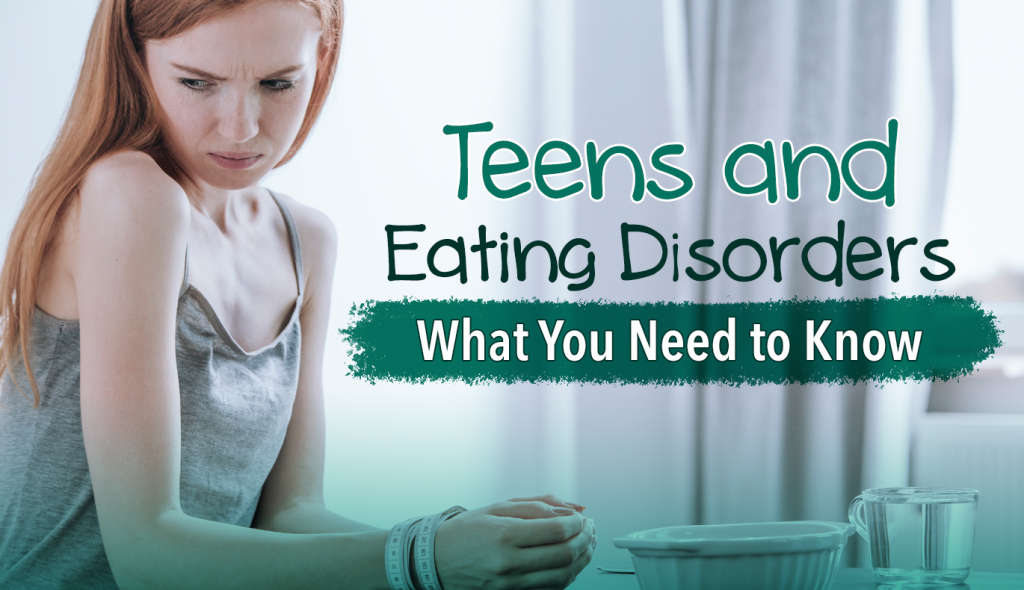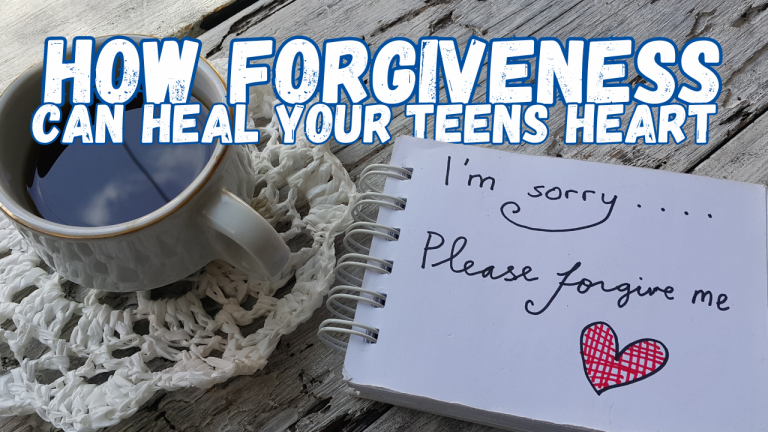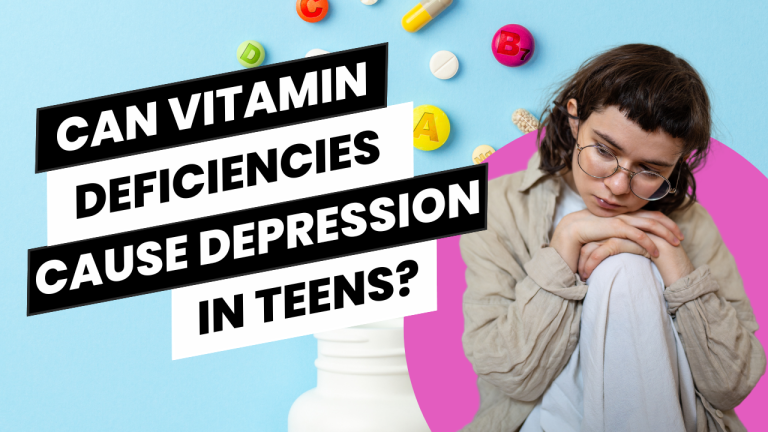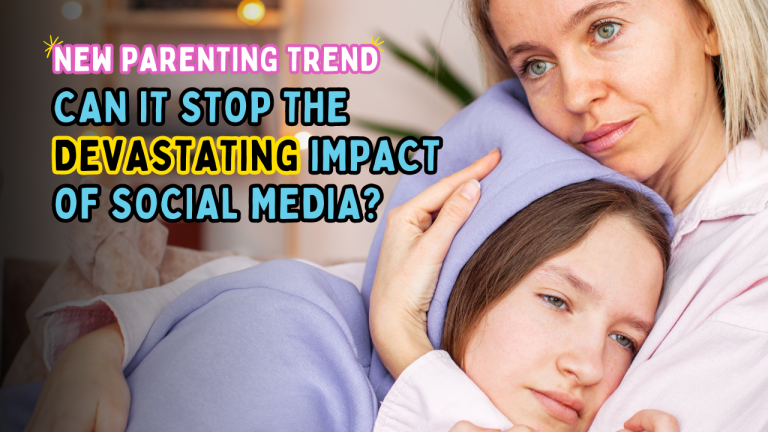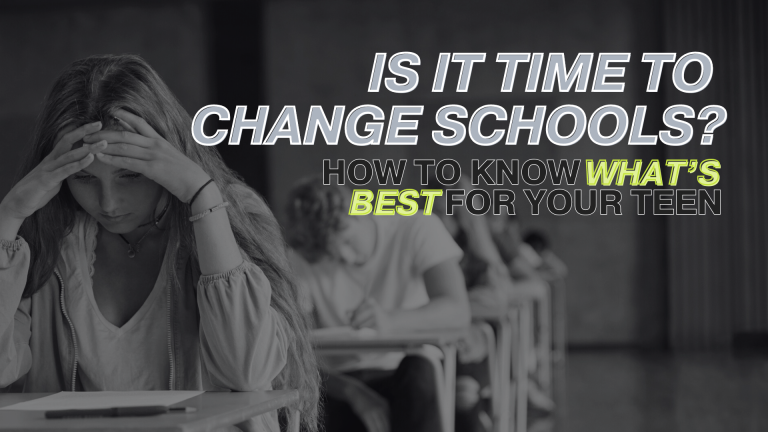It used to be billboards and television ads alone.
Now, it’s also Instagram, TikTok, Facebook, and YouTube—complete with filters that make real people look flawless.
Pressure on teens—particularly girls—to look a certain way is immense. And because of the many other challenges teenagers face, the insecurities that come from body image are amplified. Many people wonder, “Are eating disorders common?” With the pressure just mentioned, it is no surprise that 50% of all teenage girls use unhealthy methods to control their weight, and tens of millions of women and men, primarily ages 12-25, suffer from an eating disorder at some time in their life.
What is an eating disorder?
According to the Mayo Clinic, an eating disorder is a serious condition related to persistent eating behaviors that negatively impact your health. In other words, it is an unhealthy way of using food to cope with psychological stress.
If you or your child is fighting this battle, it may present in one of the following eating disorders as defined by Eating Disorder Hope:
- Anorexia Nervosa
- Bulimia Nervosa
- Binge-Eating Disorder
- Pica
- Rumination Disorder
- Avoidant/Restrictive Food Intake Disorder
What are the signs my teen might have an eating disorder?
According to Timberline Knolls, the following are common warning signs and symptoms of eating disorders:
- Being overly critical of appearance or weight
- Worrying about weight gain
- Constantly checking appearance in mirror
- Making excuses not to eat
- Frequently eating unusually large amounts of food
- Using the bathroom often during meals
- Dizziness
- Fainting
- Trouble sleeping
- Stomach pain
- Tooth sensitivity
- Noticeable weight loss or gain
*This does not constitute a comprehensive list; however, these are often present in those with eating disorders.
Teens tend to hide the behaviors that reveal an eating disorder, so you must tune in to discover what might be happening.
What Are the Causes of an Eating Disorder?
Many people wonder, “Are eating disorders genetic?”
While there is no evidence that this is the case, there are several causes of eating disorders, including:
- Stress
- Trauma
- Feeling a loss of control
- Cultural and peer pressure
- Family dysfunction
Additionally, teen boys and girls who participate in sports are at a higher risk of developing eating disorders due to the pressure to perform or appear a certain way. While only 1%-5% of the general population is at risk, it is as high as 30% for competitive athletes, especially if being thin is an advantage.
The following sports are considered high-risk:
- track or distance running
- gymnastics
- ballet
- figure skating
- swimming
- wrestling
- rowing
- diving
- bodybuilding
If your teen participates in one of these sports, don’t panic. It doesn’t mean they’ll end up with an eating disorder. But it will benefit your teen if you open the door to healthy and open conversations about the topic.
For underlying psychological causes, getting to the emotional root of the problem is critical. Changing eating behaviors alone will not heal and restore your teen to healthy eating patterns.
Learn more about other signs that your teen needs help HERE.
Why Seeking Treatment is So Important
An eating disorder goes far beyond wanting to look good. It is often a symptom of an underlying emotional issue and can also lead to the following:
- Increased risk of suicide attempts
- Anxiety and depression
- Greater risk of substance abuse and self-harming behavior (50% of those with an eating disorder also abuse drugs)
- Eating disorders can be life-threatening and have the highest mortality rate of any mental illness.
There is always hope and always help. You don’t have to feel alone on this journey. If your teen is struggling with an eating disorder, it’s time to seek help and support.
Where to Seek Treatment
If you believe your teen may have an eating disorder, you are not alone. Many resources are available to you, and there are people standing by, ready to come alongside you and your family. We recommend reaching out to one of the following:
- Timberline Knolls
- Eating Disorder Hope
- Selah House
- Seek a facility in your area
- You may also call us here at House of Hope at 855-253-HOPE
Whatever you do, don’t try to go this alone. Eating disorder recovery is 100% possible.
Find help guiding your teen to inner healing HERE.
How to Prevent Your Teen from Developing an Eating Disorder
There are several things you can do to help prevent your teen from developing an eating disorder. Here are a few things to think about:
- Don’t encourage or force your children to diet, which often has the opposite effect. Provide nutritious meals and promote healthy choices. Also, avoid labeling your child as “chubby” or “big” in any way.
- Don’t criticize or shame your child. Feeling helpless or out of control is one of the causes of eating disorders, so unconditional love and a stable, healthy home life are extremely important.
- Keep anti-eating disorder materials away from high-risk teens. Anorexics and bulimics have used materials warning against eating disorders as how-to guides.
- Encourage your teenager. Give your teen plenty of (genuine) compliments about their efforts in school, spiritual walk, or personality traits, and steer clear of making physical appearance the focus of your attention.
- Watch what you say about your weight. Your attitudes about the appearance of yourself or others will not go unnoticed by your teen.
- Offer direction and be involved. Though parenting a teen requires respecting who they are becoming, it does not mean you abdicate your role as a parent. You are still needed to provide direction and guidance.
- Be a good role model. Show your teen the responsible path to good health through a nutritious diet and exercise.
- Create a safe space to talk. Make yourself available to your teen to talk. Let them open up without fear of a lecture or judgment.
Remember, if you suspect your teen is already developing an eating disorder, seek help immediately. Early detection and treatment are crucial, so consult a qualified medical or mental health professional immediately.

